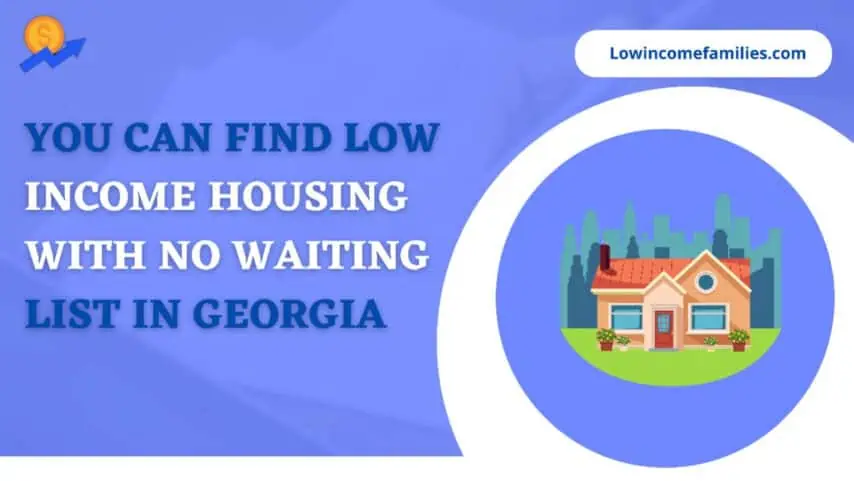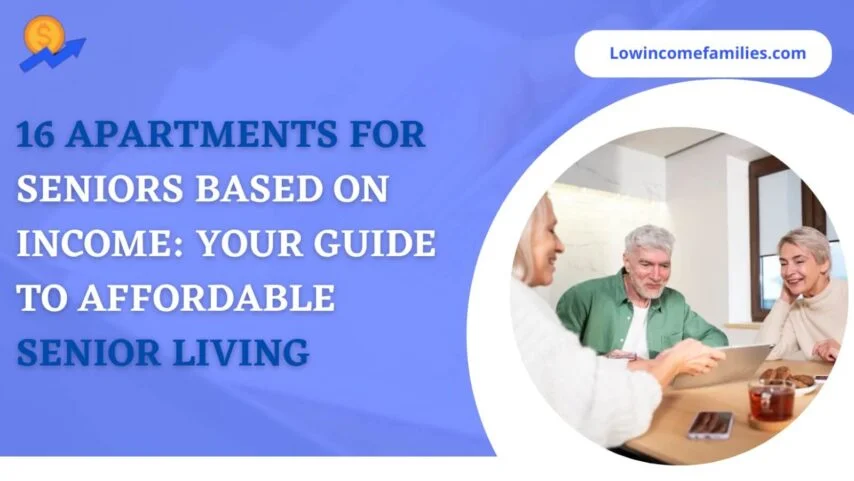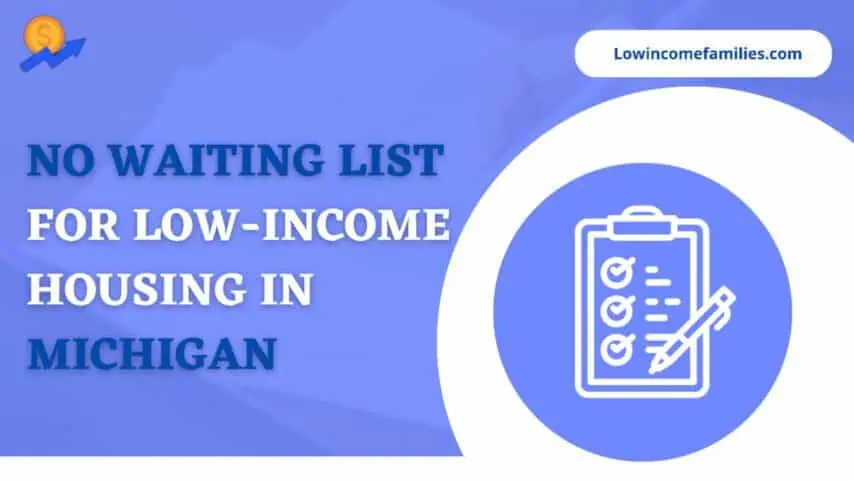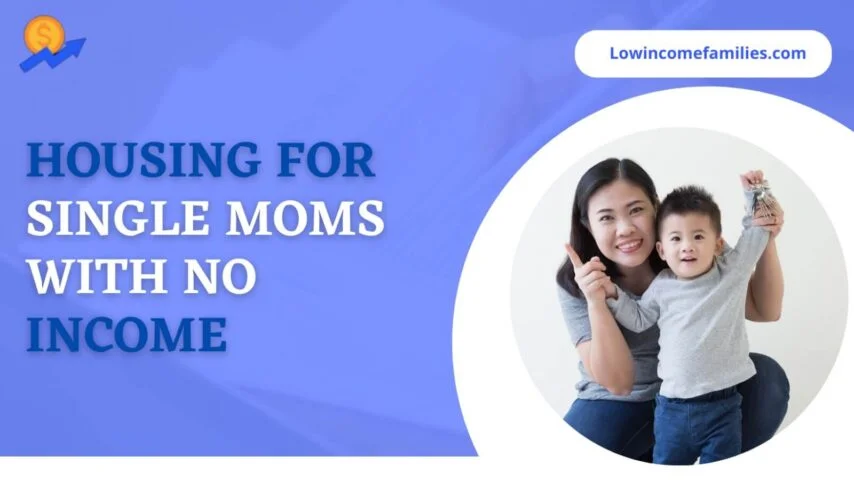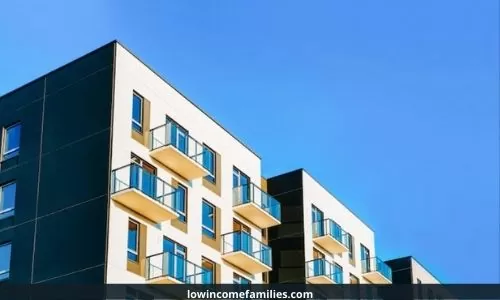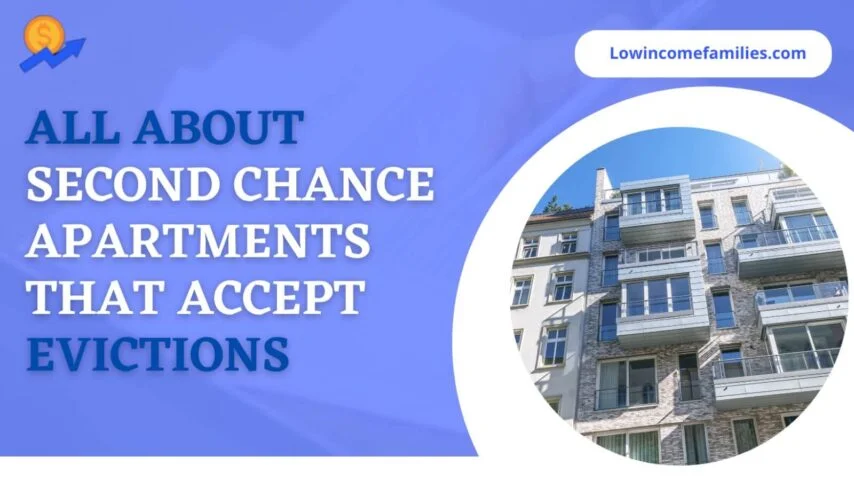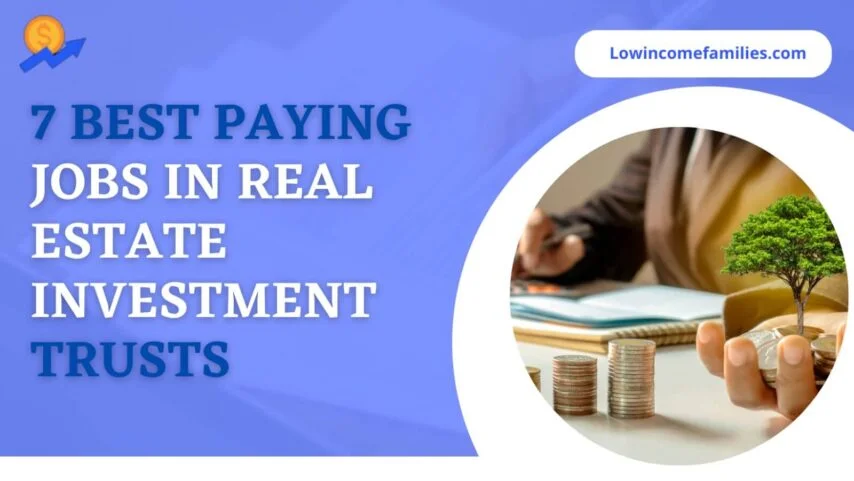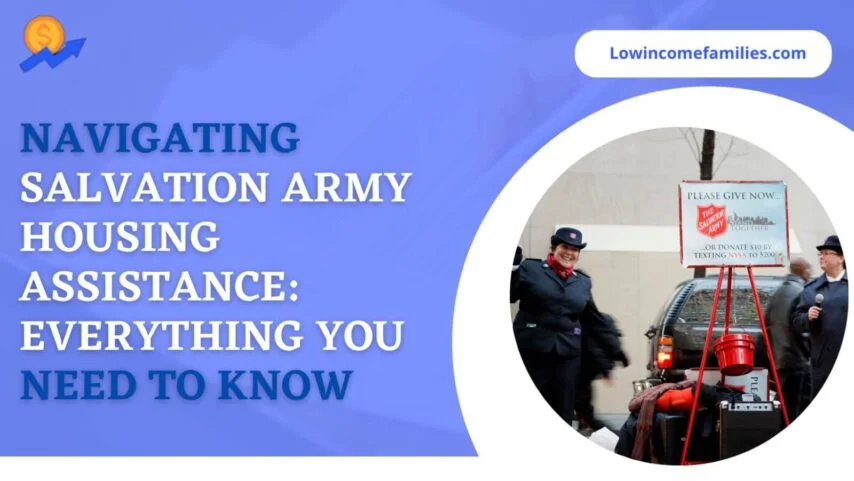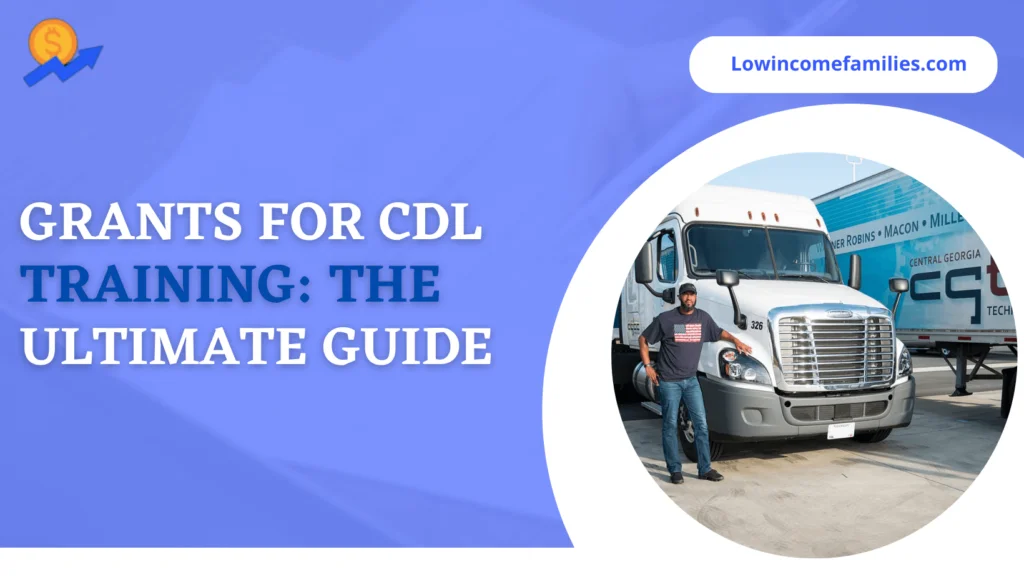Are you looking for low-income housing in Georgia but don’t have the time to wait on a long waiting list? You’re in luck! There are several low-income housing opportunities in Georgia with no waiting list, making it easier and quicker to get the housing assistance you need.
In this blog post, we’ll provide an overview of some of the best options available and how you can go about applying for them.
Low Income Housing With No Waiting List In Georgia
Finding affordable housing in Georgia can be a difficult and sometimes daunting task. Thankfully, the state offers low-income housing with no waiting list, making it easier to find a place to live.
This type of housing typically involves subsidized rent and utilities, so it’s an excellent choice for those who cannot afford to pay market-rate rent. For those looking to take advantage of this type of housing, there are several steps they can take.
First, they must check to see if their local housing authority has any available units. In addition, they should check with their county’s social services department to see if there are any other options available.
It’s also important to note that while some low-income housing may have a waiting list, many do not. This means that tenants are chosen on a first-come, first-served basis, so it’s important to act quickly when looking for a unit.
To help ensure success, tenants should make sure to bring all required documents to their appointments, such as proof of income and other personal information. Finally, some low-income housing is determined through a lottery system.
These programs will randomly select tenants from the pool of applicants. If an applicant is selected in this manner, they will typically be given a date and time to come in for an interview. At the interview, they will need to provide all the necessary documents to qualify for housing.
Read Also: low income apartments with no waiting list near me
-
The Housing Choice Voucher Program (HCV)
Once approved for assistance, the HCV recipient is issued a voucher that can be used to rent units that meet HUD housing quality standards in the local market. A voucher holder can rent any unit that meets their budget, subject to certain restrictions on rent amounts and other requirements.
The HCV program requires that landlords must agree to participate in the program for tenants to use the voucher. The landlord must also agree to rent the unit for no more than the fair market rent amount determined by HUD.
Additionally, the tenant’s portion of the rent must not exceed 40 percent of their adjusted income. Under the HCV program, tenants are responsible for finding suitable housing that meets the HUD housing quality standards and is within their budget.
The voucher holder will also be responsible for paying a security deposit, and any utility or service charges that may apply. The HCV program also provides rental assistance payments to participating landlords on behalf of the tenant to ensure that rent is paid on time.
The HCV program is designed to provide stable, decent, and affordable housing for eligible families and individuals in Georgia and throughout the United States.
Read Also: Low Income Housing with no waiting list in California
-
The Georgia Department Of Community Affairs (DCA)
In addition, DCA also administers the Low Income Home Energy Assistance Program (LIHEAP), which helps low-income families pay their energy bills. The DCA also provides funding to local housing authorities, which can help families find safe and affordable housing.
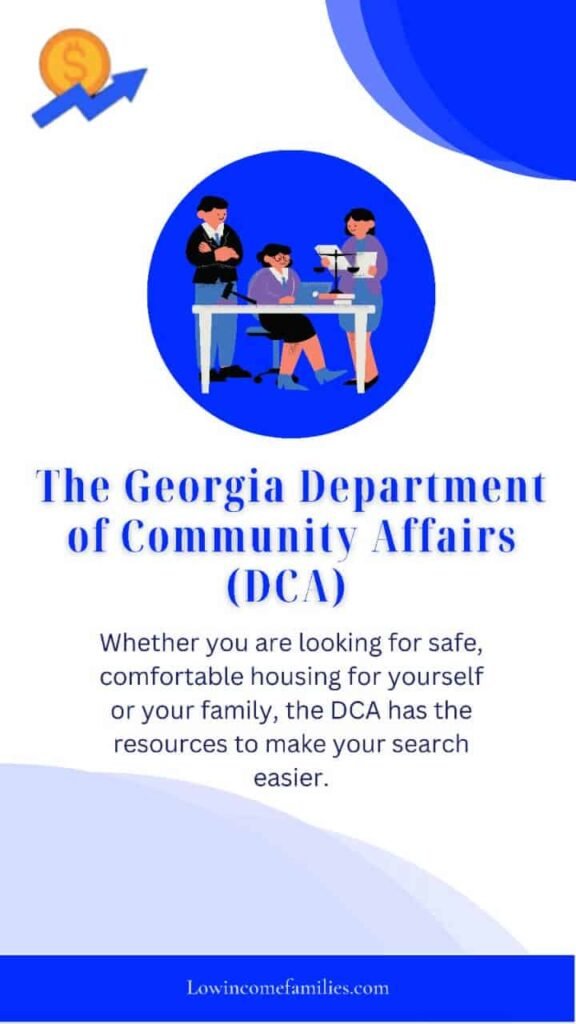
DCA’s search tool makes it easy to find available housing in Georgia. You can search by city, county, or zip code to find the rental housing that meets your needs. You can also use the search tool to find out how much you can expect to pay in rent for a particular unit.
The DCA search tool also includes information about the landlord, neighborhood, and amenities offered by each rental unit. The DCA has various resources to help individuals find the best rental housing for their needs.
Whether you are looking for safe, comfortable housing for yourself or your family, the DCA has the resources to make your search easier. For more information visit Website.
-
The Georgia Dream Homeownership Program
To qualify for the program, you must be a first-time homebuyer or a buyer who has not owned a home in the past three years. You must also meet income and purchase price limits and have an acceptable credit score.
If you are approved for the program, you can receive up to $5,000 for closing costs and up to 3 percent of the loan amount for down payment assistance. For more information visit Georgia Dream Homeownership Program Official Website.
-
The Low-Income Housing Tax Credit (LIHTC) Program
Under the Low-Income Housing Tax Credit Program, state and local governments allocate credits to developers and owners of qualified rental properties. The amount of credits awarded depends on the number of low-income units in the property, the size of the unit, and other factors.
Developers and owners can then use these credits to offset their federal income taxes over 10 years. The goal of the LIHTC program is to encourage the development and preservation of affordable rental housing for low-income households.
Through this program, developers and owners can receive tax incentives in exchange for providing quality, affordable housing for those who need it most.
Since its inception in 1986, the LIHTC program has helped create or preserve over 3 million affordable rental homes across the country, providing safe and quality housing to millions of low-income Americans.
The LIHTC program is an important tool for creating and preserving affordable housing for low-income individuals and families. It provides incentives to developers and owners to make these investments, ensuring that there is adequate affordable housing available for those in need.
How To Get On A Waiting List?
Getting on a waiting list for low-income housing in Georgia is relatively easy. Depending on the specific program you’re interested in, you may need to fill out an online application, visit a local housing authority office, or contact a housing counseling agency to get started.
Finally, many low-income housing projects have individualized waiting lists. Prospective tenants should contact the housing authority that manages the development to find out how to get on the list. Some housing authorities may also use a randomized lottery system to determine who receives a spot on the waiting list.
How To Qualify For Low-Income Housing?
If you’re looking for low-income housing, there are several requirements you must meet to qualify. To be eligible, you must :-
- Meet the income limits set by the program. Generally, this means that your household income must fall within a certain range based on the area median income (AMI).
- Be a U.S. citizen or legal resident of the United States.
- Be able to provide proof of identity and residency.
- Have a valid Social Security number.
- Provide references, such as character references and/or rental history.
- Do not have any recent or serious criminal history or evictions on your record.
- Have a good credit history, although some programs may waive this requirement if you can provide proof of extenuating circumstances.
If you meet these criteria, you can start applying for low-income housing programs in your area. Depending on the program, you may be put on a waiting list or have to enter a lottery system. In some cases, you may even be able to receive immediate assistance.
Conclusion :-
Finding affordable housing in Georgia can be a challenge, especially for those with low incomes. Thankfully, several programs like AffordableHousing.com and AffordableHousingOnline are available to help people in need.
The Low-Income Housing Tax Credit program, the Georgia Dream Homeownership Program, the Georgia Department of Community Affairs, and the Housing Choice Voucher Program are all great options for those looking for low-income housing with no waiting list.
These programs have specific eligibility requirements and provide financial assistance to those who qualify. Furthermore, it is possible to get on a waiting list for low-income housing and learn about other options through local agencies and nonprofits.
For more information on these programs and how to get started, please contact your local community resource center or county housing department.
Frequently Asked Questions
What is Low-Income Housing?
A: Low Income Housing is housing that is affordable to people who are living on a limited income. The government provides incentives such as tax credits and vouchers to encourage developers to create and maintain low-income housing units.
Where can I find Low Income Housing with no waiting list in Georgia?
There are several programs available in Georgia that offer low-income housing with no waiting list. These include the Low-Income Housing Tax Credit (LIHTC) program, the Georgia Dream Homeownership Program, the Georgia Department of Community Affairs (DCA), and the Housing Choice Voucher Program (HCV).
How do I get on a waiting list for Low Income Housing?
The waiting list for Low Income Housing varies depending on the specific program you are applying for. To be placed on a waiting list, you will need to complete an application with the local public housing agency or apply directly through the relevant program.
What are the qualifications for Low Income Housing?
To qualify for Low Income Housing, you must meet certain income requirements. Generally, your annual gross income must be at or below the poverty level in your area. Additionally, you must also meet certain credit and background check requirements.
What is the final verdict about Low Income Housing with no waiting list in Georgia?
Low Income Housing with no waiting list in Georgia is possible and offers a great option for those who need affordable housing. If you meet the income and credit requirements, you should have no problem getting on a waiting list and eventually finding an apartment or home. With the variety of programs available, it is possible to find a suitable home in your area that fits your budget.
